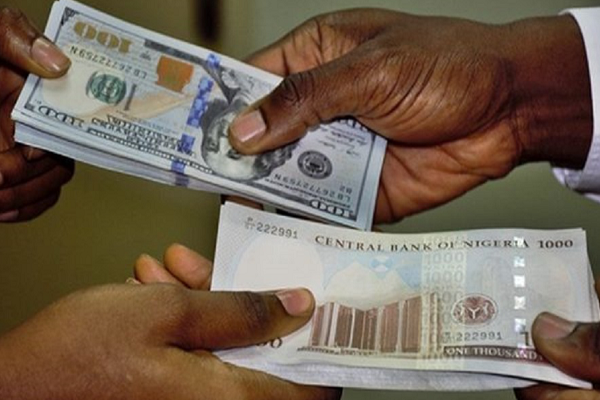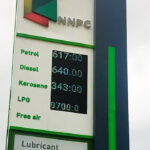Plans to stop the persistent depreciation of the naira versus the dollar have been finalized by the Central Bank of Nigeria (CBN).
One of these strategies, it was discovered yesterday, is to flood the market with money. During the discussion, a CBN board member stated that the bank would now inject foreign currency into the market to stabilize the exchange rate. Having reserves to stabilize the naira at any moment will be desirable, and that is the essence of having reserves. The board member pointed out that prior CBN interventions had involved it injecting funds into the foreign exchange market as needed. “It’s a desirable thing to help the naira at this point,” he continued, adding that the choice is “a management routine function.”
According to the CBN board member, “as much as possible to flood the market with foreign exchange” is the best course of action to prevent the naira from further hemorrhaging. Although I’m sure this government didn’t want any demand management policies, they are now necessary. “Foreign exchange availability is very limited, so the problem requires to be tackled from both the demand and supply sides,” the statement goes, “so the problem requires to be tackled from both the demand and supply sides.” If they are operating a free market, the demand is overwhelming and you need to regulate it, restrict it with certain rules. At the Investors & Exporters (I&E) window and the parallel market, the naira closed yesterday at N744.41 and N935 respectively.
Folashodun Shonubi, the acting governor of the Central Bank of Nigeria (CBN), said yesterday that a number of steps will be taken to stabilize the naira. He claimed that those actions have the approval of President Bola Ahmed Tinubu. But when he spoke with reporters at Aso Villa after his meeting with the President, he chose not to make them public. Shonubi credited the depraved actions of currency speculators for the naira’s demise. He predicted that they will soon be subject to the hammers of the government. “Mr President is very concerned about some of the developments in the foreign exchange market,” Shonubi remarked.
“We talked about a number of topics, including what could be done to stabilize the naira, how to increase market liquidity, and what was happening in the various other markets, including the parallel market. Because many of our entirely local operations still make reference to exchange rates in the black market, he is worried about how it would affect the common person. We don’t think the developments occurring in the parallel market are being driven by purely economic supply and demand, but rather by speculative desire from consumers.
We are considering it and taking actions that, when they take effect in a few days, will have a big influence on the market, and we will all notice it.





